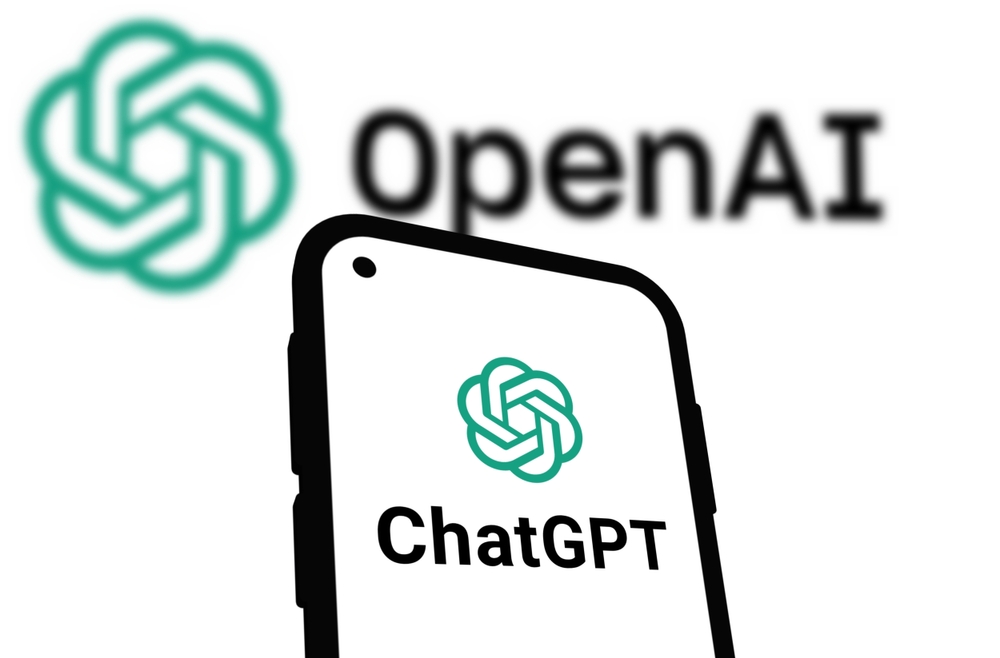Pulse organizes updates into daily visual cards drawn from chat history, user feedback and optional integrations such as Gmail and Google Calendar. If a user has memory turned on, Pulse will incorporate context from earlier chats to refine its updates. In a demo for TechCrunch, OpenAI product lead Adam Fry showed several reports Pulse had made for him: a roundup of news about British soccer team Arsenal, group Halloween costume suggestions for his family, and a toddler-friendly itinerary for an upcoming trip to Sedona, Arizona.
As Bloomberg reasons, “ChatGPT Pulse marks OpenAI’s latest effort to more tightly integrate the chatbot into the everyday lives of its 700 million users and to get people comfortable with AI taking actions on their behalf.”
OpenAI said, “This is the first step toward a more useful ChatGPT that proactively brings you what you need, helping you make more progress so you can get back to your life.”
The preview is rolling out to ChatGPT Pro mobile users who pay $200 monthly on mobile, with a wider release expected after testing. If Pulse delivers, it could reset expectations for digital assistants, turning ChatGPT into the default starting point for planning, productivity and targeted information.
Looking ahead, OpenAI said it is working to make Pulse more timely and context-aware.
Advertisement: Scroll to Continue
“We’re also exploring ways for Pulse to deliver relevant work at the right moments throughout the day, whether it’s a quick check before a meeting, a reminder to revisit a draft, or a resource that appears right when you need it,” the team mentioned on their blog.
The launch also fits into OpenAI’s broader vision. CEO Sam Altman has said the next phase of AI requires building infrastructure that makes intelligence “abundant” on his latest blog post. That ambition is being matched by industrial-scale investment, including Nvidia’s planned $100 billion commitment to expand OpenAI’s compute capacity, a deal that cements both companies as central players in generative AI.
